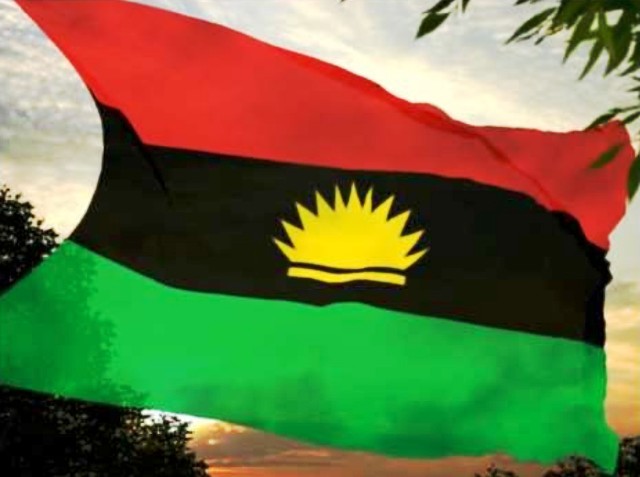Editorial
Lessons From ‘Biafra’

On May 25, 2017, a colloquium on “Biafra: 50 Years After”, was held at the Shehu Musa Yar’Adua Centre, Abuja with eminent Nigerians in attendance, including Acting President Yemi Osinbajo, former President Olusegun Obasanjo, Alhaji Ahmed Joda and John Nwodo, among others.
Speeches and comments at the event once more brought to the fore burning national issues that urgently need to be addressed, especially with a section of the country demanding an independent country called ‘Biafra’.
For quite some time now, there has been a renewed agitation for Biafra by the Igbo ethnic group, while others in various parts of the country are calling for the restructuring of the country, where fiscal federalism and resource control, devolution of powers, among others, will be entrenched in the polity.
As it stands, perceived marginalisation is not peculiar to the Igbos, as every section of the country has one grievance or the other. The Muslim dominated areas of Nigeria are agitating for Sharia, South-South for resource control, the South-West for true federalism and the South-East, Biafra.
The Tide thinks all these agitations cannot just be wished away, if the Nigerian project is to be sustained. Perhaps, that is why Nigeria has wasted over 50 years still searching for unity which has eluded her since independence.
We strongly believe that it is only through dialogue or negotiations that such issues can be resolved.
In the past, Nigeria has held several national conferences to chart the way forward, but their outcomes have never seen the light of the day.
The Tide believes that for Nigeria to remain a united, indivisible entity, all ethnic groups or regions need to sit down and talk, so as to douse tensions and agitations that have plagued the country for more than six decades.
It is our conviction that for Nigerians to co-habit freely and harmoniously, we should not just stop at dialoguing, but must also address problems that have retarded our development as a nation. Luckily, the country is blessed with abundant human and material resources to take us to the next level.
While we do not support secession and violence by any group, we believe that it has become inevitable and imperative for all stakeholders to sit together and discuss sensitive national issues.
That is why we call on the President Muhammadu Buhari-led administration to demonstrate patriotism by implementing the 2014 National Conference Report in which several thorny national issues were discussed and resolved.
It is also our candid opinion that as an independent country of almost 60 years, a situation where certain sections are denied access to power or denied appointments into certain key positions is no longer tenable. No country can progress with such mindset. We should not pretend that all is well with Nigeria because to do so may spell doom for the country.
The wake-up call is now for Nigerians to sink their differences and ensure that the country does not stagnate further, despite its promising fortunes.
We, therefore, implore our leaders to learn from the issues that led to the Nigerian Civil War which gave birth to Biafra. The three-year civil strife which claimed over one million lives and inestimable value of properties is still fresh to be forgotten. Nigeria cannot afford another bloodbath.
That is the lesson we want Nigerians to learn from ‘Biafra’.
Editorial
Resolve Rumuwoji Market Issues, Others

Editorial
As NDG Ends Season 2

Editorial
Beginning A New Dawn At RSNC

-

 News4 days ago
News4 days agoAmend Constitution To Accommodate State Police, Tinubu Tells Senators
-

 Politics4 days ago
Politics4 days agoSenate Urges Tinubu To Sack CAC Boss
-
Business4 days ago
Crisis Response: EU-project Delivers New Vet. Clinic To Katsina Govt.
-
Business4 days ago
President Tinubu Approves Extension Ban On Raw Shea Nut Export
-

 News4 days ago
News4 days agoDisu Takes Over As New IGP …Declares Total War On Corruption, Impunity
-
Business4 days ago
Fidelity Bank To Empower Women With Sustainable Entrepreneurship Skills, HAP2.0
-
Business4 days ago
President Tinubu Extends Raw Shea Nuts Export Ban To 2027
-
Sports4 days ago
NDG: Rivers Coach Appeal To NDDC In Talent Discovery

